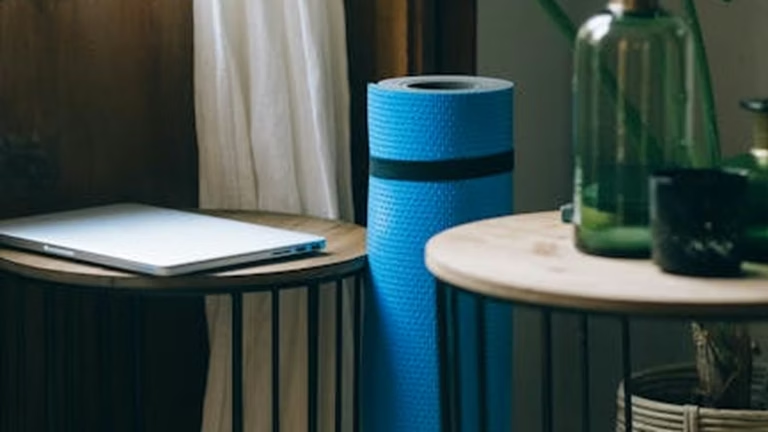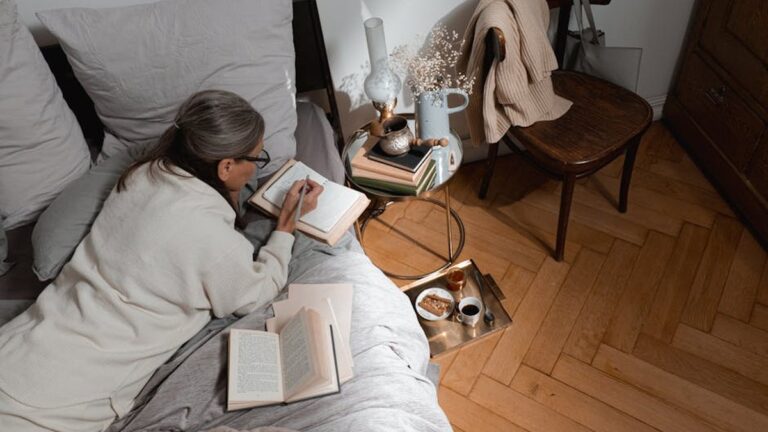Blue Light: Eye & Sleep Protection
In today’s digital world, we’re constantly surrounded by screens – smartphones, tablets, computers, and televisions. These devices emit something called blue light, and while it’s a natural part of the visible light spectrum, overexposure can have significant impacts on our health, particularly our eyes and sleep patterns. This article dives deep into the science behind blue light, exploring its blue light effects, the risks associated with excessive blue light exposure, and practical strategies to protect yourself.
Understanding Blue Light
Visible light, the light we can see, is composed of a spectrum of colors, each with a different wavelength and energy level. Blue light, which falls on the shorter end of the spectrum (approximately 400-495 nanometers), possesses higher energy than other colors like red or yellow. This high energy is what makes it potentially harmful.
Sources of Blue Light
While the sun is the primary source of blue light, artificial sources have become increasingly prevalent in our daily lives. These include:
- LED screens (smartphones, tablets, computers, TVs)
- Fluorescent and LED lighting
The prolonged and close-range blue light exposure from these devices is a relatively recent phenomenon, and scientists are still uncovering the full extent of its long-term health consequences.
The Negative Effects of Blue Light
Blue light isn’t inherently bad. In fact, it plays a crucial role in regulating our circadian rhythm, boosting alertness, and elevating mood. However, excessive blue light exposure, particularly in the evening, can disrupt these natural processes and lead to various health issues.
Eye Strain and Damage
One of the most common complaints associated with blue light is digital eye strain, also known as Computer Vision Syndrome (CVS). Symptoms include:
- Sleep Sanctuary: Optimize Your Bedroom for Deeper …
- Dry eyes
- Blurred vision
- Headaches
- Neck and shoulder pain
Furthermore, some studies suggest that long-term blue light exposure can contribute to age-related macular degeneration (AMD), a leading cause of vision loss. The high-energy blue light can penetrate the eye and damage the light-sensitive cells in the retina. A study published in Investigative Ophthalmology & Visual Science found that prolonged exposure to blue light can induce oxidative stress and apoptosis (cell death) in retinal pigment epithelial cells, which are vital for maintaining healthy vision.
Sleep Disruption
Our bodies naturally produce melatonin, a hormone that regulates sleep. Blue light suppresses melatonin production, making it harder to fall asleep and stay asleep. This disruption to our circadian rhythm can lead to:
- Insomnia
- Daytime fatigue
- Increased risk of chronic diseases (e.g., diabetes, heart disease)
- Mood disorders
The Sleep Foundation reports that blue light exposure before bed can delay the onset of sleep by up to three hours.
Protecting Your Eyes and Sleep from Blue Light
Fortunately, there are several effective strategies to minimize blue light exposure and mitigate its negative effects. It’s about adopting a proactive approach to digital well-being.
Blue Light Filters
Blue light filters come in various forms, offering a convenient way to reduce blue light exposure.
- Software-based filters: Many smartphones, tablets, and computers have built-in blue light filters that can be activated in the settings. These filters reduce the amount of blue light emitted by the screen, often by shifting the color temperature towards the warmer end of the spectrum. For example, Night Shift on iOS and Night Light on Windows.
- Apps: Several third-party apps, like f.lux for computers, offer more advanced blue light filtering options and can automatically adjust the screen’s color temperature based on the time of day.
- Physical screen protectors: These are films that you apply to your device’s screen to block blue light.
To answer the question: What is the best blue light filter for computers? It depends on your personal needs and preferences. Software-based filters are generally convenient and free, while physical screen protectors offer a more comprehensive solution. f.lux remains a highly-rated and customizable option.
Blue Light Glasses
Blue light glasses have specially coated lenses that filter out a portion of the blue light emitted by screens. They are available with or without prescription and can be a valuable tool for individuals who spend a significant amount of time in front of digital devices. Regarding, Do blue light glasses really work? The answer is generally yes, but the effectiveness varies depending on the quality of the lenses and the amount of blue light they block. Look for glasses that block at least 30% of blue light.
Adjusting Screen Settings
Beyond blue light filters, adjusting your device’s screen settings can also make a difference:
- Brightness: Reduce the screen brightness to a comfortable level, especially in dimly lit environments.
- Text size: Increase the text size to reduce eye strain.
- Color temperature: Experiment with different color temperature settings to find what feels most comfortable for your eyes.
Practicing Good Digital Habits
Making a few lifestyle changes can also significantly reduce blue light exposure and improve your overall well-being:
- Limit screen time before bed: Avoid using electronic devices for at least 1-2 hours before going to sleep.
- Take breaks: Follow the 20-20-20 rule: every 20 minutes, look at something 20 feet away for 20 seconds.
- Optimize your sleep environment: Make sure your bedroom is dark, quiet, and cool.
- Consider red light therapy: Red light does not suppress melatonin and can be beneficial for sleep and overall health.
Frequently Asked Questions
Q1: What are the negative effects of blue light?
This important question is covered in detail in the sections above. Review the related content for comprehensive answers.
Q2: How can I protect my eyes from blue light?
This important question is covered in detail in the sections above. Review the related content for comprehensive answers.
Q3: Does blue light affect my sleep?
This important question is covered in detail in the sections above. Review the related content for comprehensive answers.
Q4: Do blue light glasses really work?
This important question is covered in detail in the sections above. Review the related content for comprehensive answers.
Q5: What is the best blue light filter for computers?
This important question is covered in detail in the sections above. Review the related content for comprehensive answers.
References & Further Reading
For more information about The Science of Blue Light: Protecting Your Eyes and Sleep in the Digital Age, consider these authoritative sources:
-
Sleep Foundation
Comprehensive sleep health information and research.
Source: sleepfoundation.org -
NIH Sleep Health
National Institutes of Health sleep science and guidelines.
Source: nih.gov -
Mayo Clinic Sleep Guide
Medical sleep advice from Mayo Clinic experts.
Source: mayoclinic.org
These external resources provide additional scientific and medical insights.
Conclusion
The science of blue light reveals a complex relationship between technology and our health. While blue light itself isn’t inherently harmful, excessive blue light exposure from digital devices can negatively affect our eyes and sleep patterns. By understanding the blue light effects and implementing practical strategies like using blue light filters, wearing blue light glasses, adjusting screen settings, and practicing good digital habits, we can minimize the risks and protect our well-being in the digital age. Prioritizing digital well-being is an investment in your long-term health and quality of life. Taking proactive steps to manage your blue light exposure will undoubtedly lead to healthier eyes, improved sleep, and a more balanced lifestyle.






